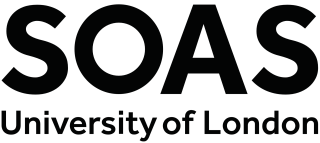Keyboard Shortcuts
Skip to main contentKeyboard shortcuts can be used to navigate aspects of this site without a mouse or cursor.
When viewing a document, select or tab into the image viewer and use the following controls to manipulate the image.
- Move up: w or [up arrow]
- Move down: s or [down arrow]
- Move left: a or [left arrow]
- Move right: d or [right arrow]
- Return to centre: 0
- Zoom in: = or [shift] + w or [shift] + [up arrow]
- Zoom out: - or [shift] + s or [shift] + [down arrow]
- Rotate clockwise: r
- Rotate counterclockwise: R
- Flip horizontally: f
